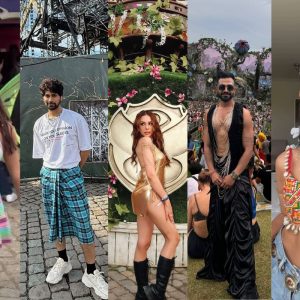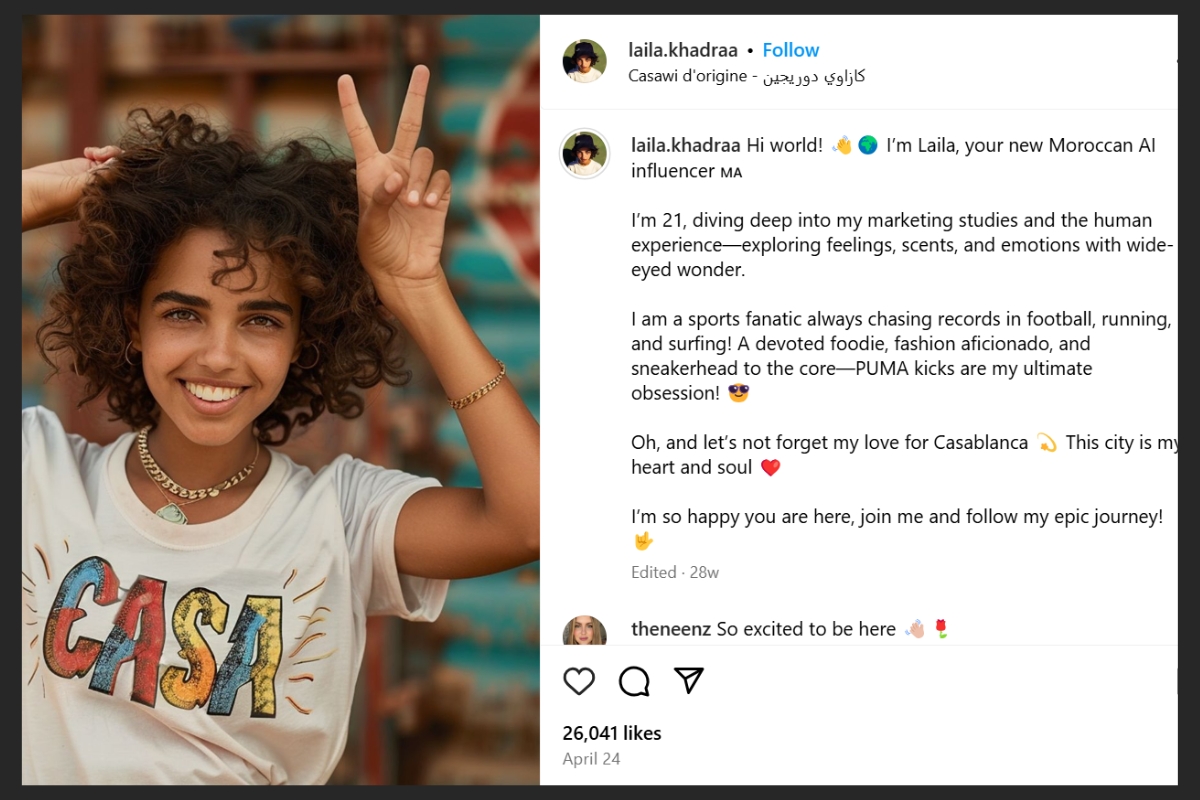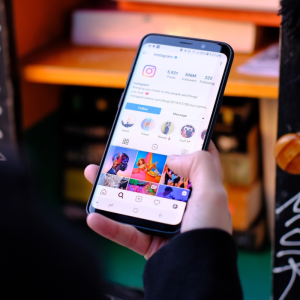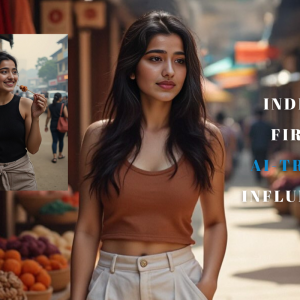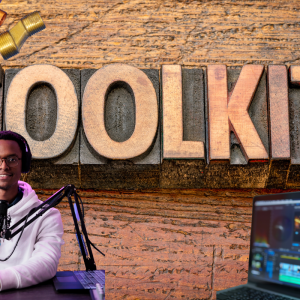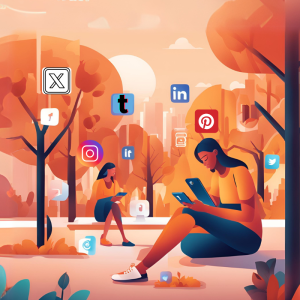Moroccan social media influencer Laila Khadraa, 21, is the quintessential modern woman who is focused on her lifestyle. She has an edgy sense of style, plays football, travels alone and frequently visits the beach, where the sun is always beaming.
Sometimes seen DJing, Laila calls herself “a devoted foodie” and always looks perfect, whether she’s grinning with her white teeth or striking a moodier posture for the camera. Despite being relatively new to Instagram, Laila has amassed thousands of followers because to her amazing lifestyle and attractive appearance.
But in reality, Laila doesn’t exist. She is one of a new generation of computer-generated characters known as “AI influencers,” which are made by businesses, like Laila’s employer, the sportswear manufacturer Puma, to advertise their products. Laila is frequently seen wearing football uniforms, branded T-shirts, and other apparel.
Creating fake but remarkably realistic-looking AI influencers is clearly appealing to businesses since these characters are less expensive than real-life influencers, some of whom charge thousands of dollars for a single post, and they never stray from their message or run the risk of damaging their benefactor’s reputation. Could these issues become more severe by an artificial figure that has none of the imperfections of a real person and leads a life that even the wealthy and well-known would envy?
There are also concerns around the psychological impact of AI influencers, particularly on young, impressionable audiences. AI personalities are often designed to represent unattainable beauty standards and perfect lives, this could perpetuate unrealistic expectations of self-image and success. AI influencers are ultimately products of human design, and their authenticity is often manufactured rather than earned.
What does the future hold?
As technology advances, these virtual beings are only going to get more sophisticated, with increasingly lifelike avatars, deeper engagement capabilities, and even more advanced AI. It’s likely that we’ll see more brands embracing AI influencers for everything from product promotion to customer service. But will AI influencers replace human ones? Probably not entirely. While they offer precision, efficiency, and control, they lack the spontaneity, depth, and genuine human connection that real people bring to social media. Still, it’s clear that AI influencers are here to stay—and they’re already a permanent fixture in the digital landscape.
Also Read : Mr beast launches Feastables and Prime
In the end, AI influencers represent the perfect marriage of technology and pop culture—a fusion that speaks to our desire for perfection, entertainment, and constant connection. Whether you’re following a digital superstar for fashion tips or simply marveling at their flawless feeds, one thing is certain: the future of influence is virtual. And it’s just getting started.


